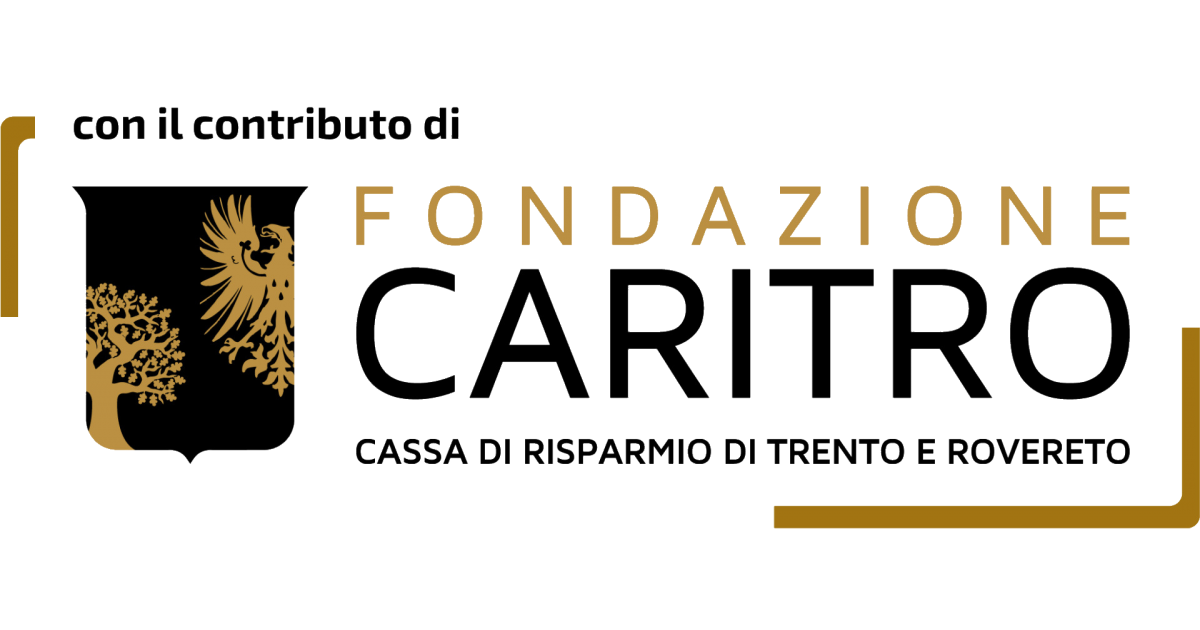Coordinated by
Università politecnica delle Marche
Prof. Ike Olivotto
Project description
(CARITRO) The project aims to formulate and test diets for breeding Carpione, guaranteeing productivity, animal welfare, product quality and sustainability.
The Carpione is an endemism of Lake Garda, with a high economic value, included in the list of species in danger of extinction. To date there is no specific diet for soused and therefore thanks to the collaboration with the AIA company, various diets will be developed to be tested initially on a small scale at the Edmund Mach Foundation. In addition to zootechnical performance, a multidisciplinary laboratory approach will be employed which will range from histological, biochemical, spectroscopic and molecular analyzes which will allow, for the first time in this species, to evaluate animal welfare and product quality in response to diets. The most performing diet will be used for an industrial test at the partner company and the same analyzes will be conducted. The results are essential for sustainable development and the economy of the reference area by promoting the interconnection between research, the economic system and the growth of young researchers.
Extended description
Objectives of the CARPIO project:
- Promote innovative solutions in the agricultural and agri-food sector aimed at the competitiveness of businesses and the quality and wholesomeness of food;
- The skills acquired by young researchers can be made available to the local production system with possible employment opportunities;
- The project creates a series of synergies and spin-offs in: 1) aquaculture: improvement and diversification of farmed species on the regional territory; improvement in terms of profitability and nutritional quality; 2) interconnection between different companies of different sectors to support the valorisation of know-how and resources for further development of aquaculture. 3) agricultural/tourism sector: potential increase in the sector thanks to the availability of km0 products;
- Improve awareness, perception, acceptability by consumers of aquaculture products;
- Improve well-being and quality of farmed products;
- Contribute to improving the regional production systems of the aquaculture sector;
- Contribute to the maintenance of biodiversity of endangered species (Ability of the project to determine a positive environmental impact);
- Contribute to increasing availability, quality and economic competitiveness of farmed products while preserving natural populations;
- Improve the professionalism and skills of those who work or are undergoing training in the blue economy
- Contribute to the creation of policies in the field of research, innovation and technology transfer.

